Senior Researches Language Attrition
Although Gabriella Langella, FCRH ’22, was set to complete her research project this year, her plans were initially thwarted by the COVID-19 pandemic. However, she has still been able to work on a literature review in second language attrition.
Langella is double-majoring in history and neuroscience on the cell and molecular track, and she is also double-minoring in Spanish and Latin American and Latino studies. Additionally, she is on the pre-med track and said she hopes to go to medical school after she graduates from Fordham.
Langella said her initial research project was intended to focus on second language attrition.“So if I go to school and take Spanish, and then I don’t take it for a long time, how do I lose it or how do I retain it?” she asked herself.
Unfortunately, due to the risks of in-person research during the pandemic, Langella’s research project only got approved by Fordham’s Institutional Review Board in October, which did not allow her sufficient time to complete the project. Instead, she decided to do a literature review so she could still explore the topic.
For this literature review, Langella will focus on previous studies that have been done, both on the topics of first language attrition and second language attrition. In her study, Langella wanted to specifically investigate second language attrition. “There’s a little bit of a gap in the research,” said Langella. “My literature review will be going through first language attrition, where there is a lot of research done and a lot of conclusions have been made, and then kind of showing that the same can’t be said about second language attrition and showing where the gaps are and hopefully saying, ‘This is what future researchers can do.’ That’s the goal of it.”
If she had been able to do her research project in person, Langella said she still would have wanted to focus on second language attrition. She said her target participants would have been Fordham students who studied Spanish in high school but did not take Spanish once they came to Fordham. The control group would have completed some math problems while the test group would have listened to a conversation in Spanish and followed along with the conversation through a written transcript for a “reexposure experience.” Ultimately, Langella wanted to investigate whether this reexposure experience affected the participants’ performance on a Spanish sentence processing test in which they had to determine if a sentence was grammatically correct or incorrect after the sentence was flashed in front of them. While doing this task, the participants would have been hooked up to an EEG machine that was timed with the task to show what their brain was doing when certain words flashed.
“I was definitely really disappointed when I had to switch to doing a literature review because I really wanted to do my study,” said Langella.
She said she could potentially publish her literature review, which would benefit her goal of going to medical school. Ultimately, Langella said she is still hopeful that she will learn something through this literature review whether or not she decides to pursue this path in her future. Furthermore, her initial study is designed and ready to go, so Langella said she hopes that a student next year could be able to pick up the research project where she left off.
Langella’s advisor, Dr. Sarah Grey, brings new students into her lab each year, so Langella said she believes one of the new researchers could pursue her study next fall. Langella said she will be informed if someone is interested in her study in the future to provide guidance.
Langella said she wished she could have done an in-person research project, bit is excited about her literature review and the prospect of her project being done in the future.
“The act of learning is always worthwhile, I think,” said Langella.





































































































































































































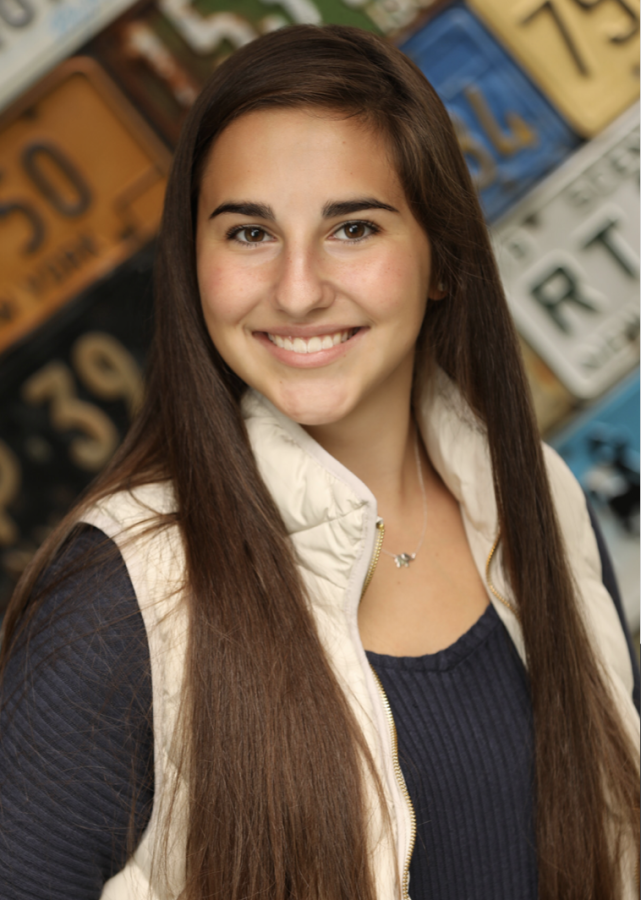
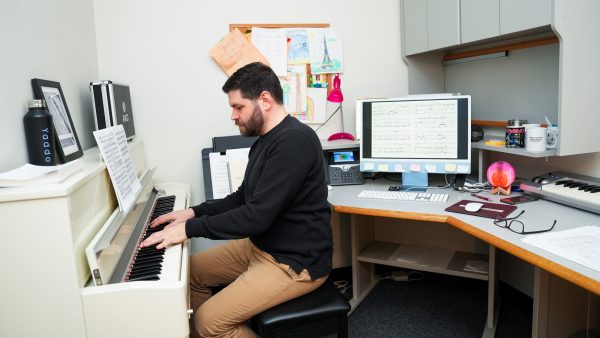

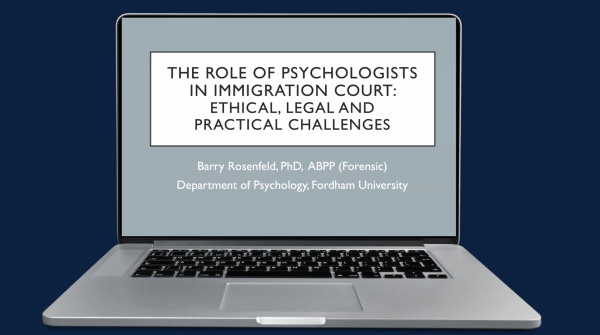
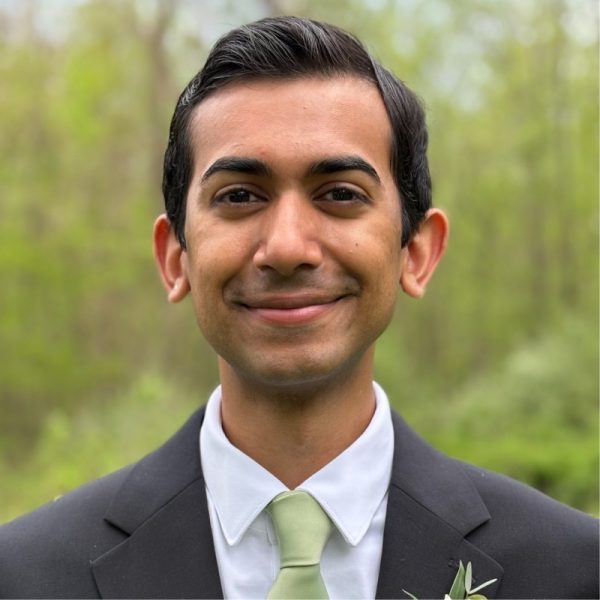
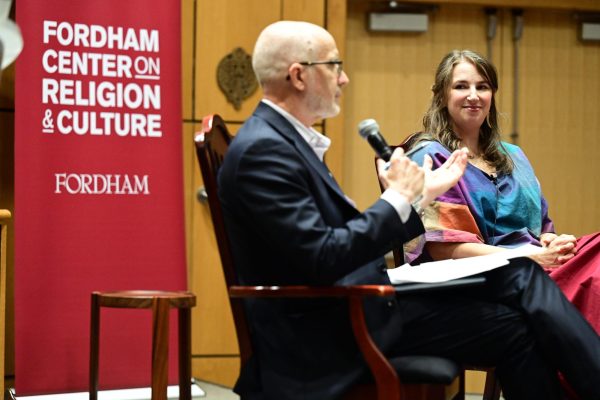





Pauline Groele • Nov 21, 2021 at 3:27 pm
Great job Gabriella. So proud of you .